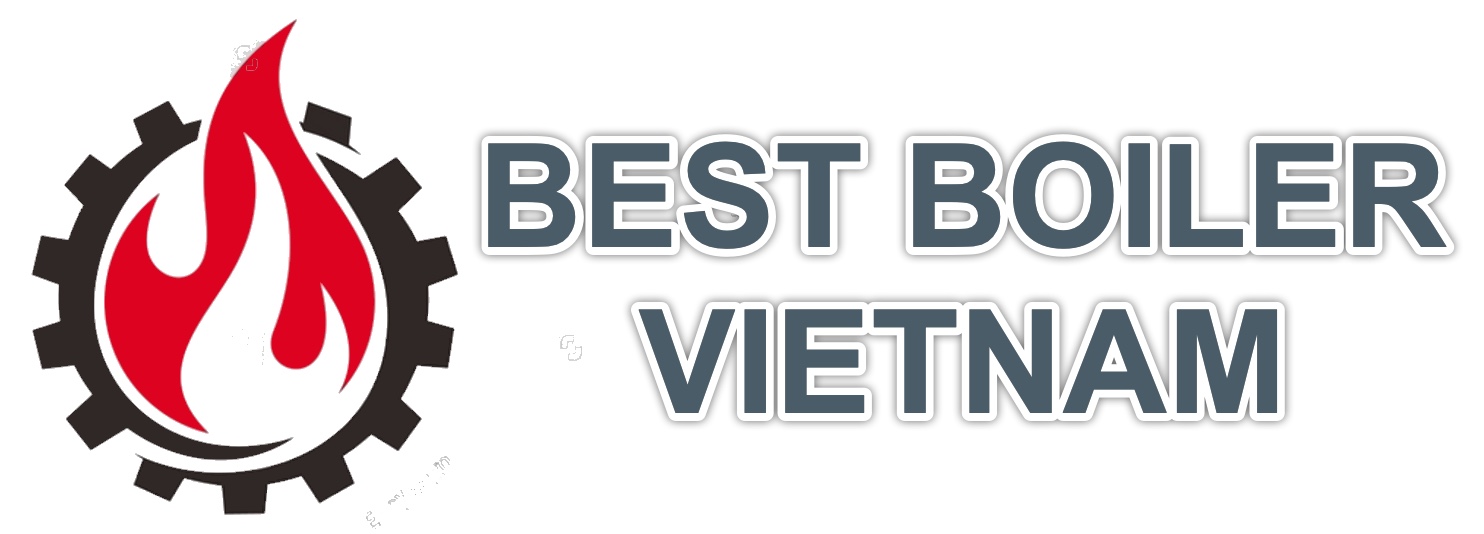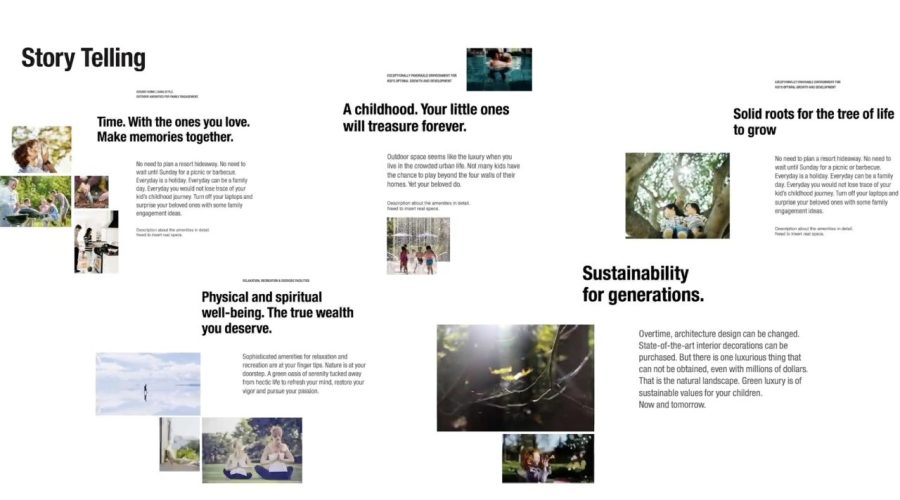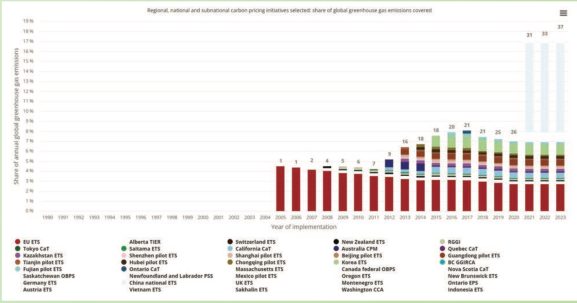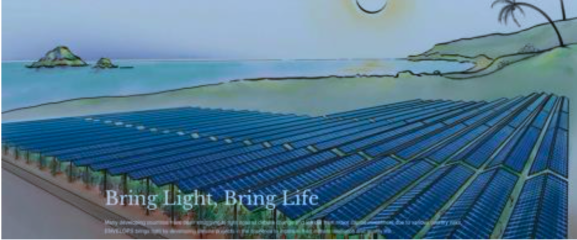Korea-Vietnam Cooperation Strategies for HCM City
(i) suggest directions and solutions for HCMC;
HCM City and many cities in Vietnam are facing complex challenges. As they aspire and persevere towards attaining better socioeconomic indicators, they must balance their economic growth with environmental sustainability. The gains from unmediated economic growth can lead to serious environmental impacts that can impede any qualitative and quantitative improvement in socioeconomic indicators of a country.
In such sense, there are two key lessons from the history of economic growth of industrialized cities: the path followed by industrialized cities is neither sustainable globally, nor desirable of replication by developing countries whose socioeconomic realities and challenges are more complex. These lessons also provide impetus for creative thinking towards alternative development paradigms and models.
Sustainable economic growth, mediated through carefully designed sustainable growth strategies, capacity development plans, and the selective application of locally appropriate sustainable technologies, is one such model of creative thinking that can help to mitigate environmental impacts while enhancing socioeconomic development in developing countries.
There is a rising recognition and acceptance globally of the need for cooperation between industrialized and non-industrialized cities, and between non-industrialized cities, on sustainable economic growth strategies and technologies. The arena is large for mutual enhancement of learning of the feasible solutions, and this arena includes knowledge, experiences and practices in a vast array of strategies, concepts, tools, technologies and interventions.
Given these contexts, I can make the following suggestions. HCM City should first consider the policy aspects of climate tech before introducing sustainable and innovative technologies. Technology should be introduced only after designing a highly congruent technology policy. In addition, plans for research and development (R&D) and green jobs, not simple technology imports from abroad, should be designed together. Korea will be able to cooperate with HCM City in this regard.
(ii) What are the opportunities for cooperation between governments, international localities and businesses in HCMC regarding green growth and towards net zero.
Korea is a representative country that has grown through science and technology. In particular, it was largely influenced by national and public research and development (R&D) in shipbuilding, color television, CDMA, semiconductors, etc. Since 2010s, nationally the green transition has emerged as a hot topic following reflection on the application and spread of gray technologies. Accordingly, the Korean government has been continuously supporting green growth policies and green technology (climate tech) sharing for developing countries, especially Vietnam as our partner country for the past 10 years. However, as the global climate crisis is increasingly emphasized, we need a more innovative and creative climate tech strategies and means. I have two topics focused: one is how to share the experience and continuation of Korea’s public climate tech with Vietnamese partners, and the other is how to create public technologies of Korea transfer to Vietnam commercially.
The National Institute of Green Technology (NIGT) is a government-funded think-tank that coordinates and supports national green technology research and development (R&D) policies in collaboration with South Korean ministries and agencies. NIGT serves as Korea’s gateway for global green technology cooperation, as it connects developed and developing countries for growth and diffusion of green technology and strategies. Together with the Global Green Growth Institute (GGGI) and Global Climate Fund (GCF), the NIGT forms the “Green Triangle” axes for the successful green growth of developing countries in the world.
With the executive offices of the GGGI and GCF in Korea around last 10 years ago, there has been a greater global interest for climate change cooperation with South Korea, as well as the dissemination of the South Korean green growth experience. This is being accomplished through the development and expansion of green Official Development Assistance (ODA), policy consultation, and technology transfer from South Korea, and NIGT is the primary facilitator of these activities.
In addition, there is increasing momentum within countries for the development of green growth plans and strategies, and internationally for the development of a global cooperation system on green growth diffusion through the support of international organizations such as the United Nations and the MDBs (including
ADB). South Korea’s role, and within it that of NIGT, in this global momentum is indispensable.
NIGT cooperates directly with developing countries towards building national capacities through strategy establishment, the design and implementation of green growth plans, and the transfer of green technologies. NIGT also offers consulting services to support education and training programs in green growth and the application of green technologies.
Thus, NIGT will serves as a reliable and competent bridge-builder and a facilitator between Vietnam (especially HCM City) and South Korean research institutions and businesses towards fruitful cooperation on the development, transfer and deployment of green technologies.
Jaeryoung Song*
Director of Center for External Affairs and Policy Cooperation, National Institute of Green Technology (NIGT),
14F, 60, Yeouinaru-no, Yeongdeungpo-gu, Seoul, 07328, Republic of Korea



